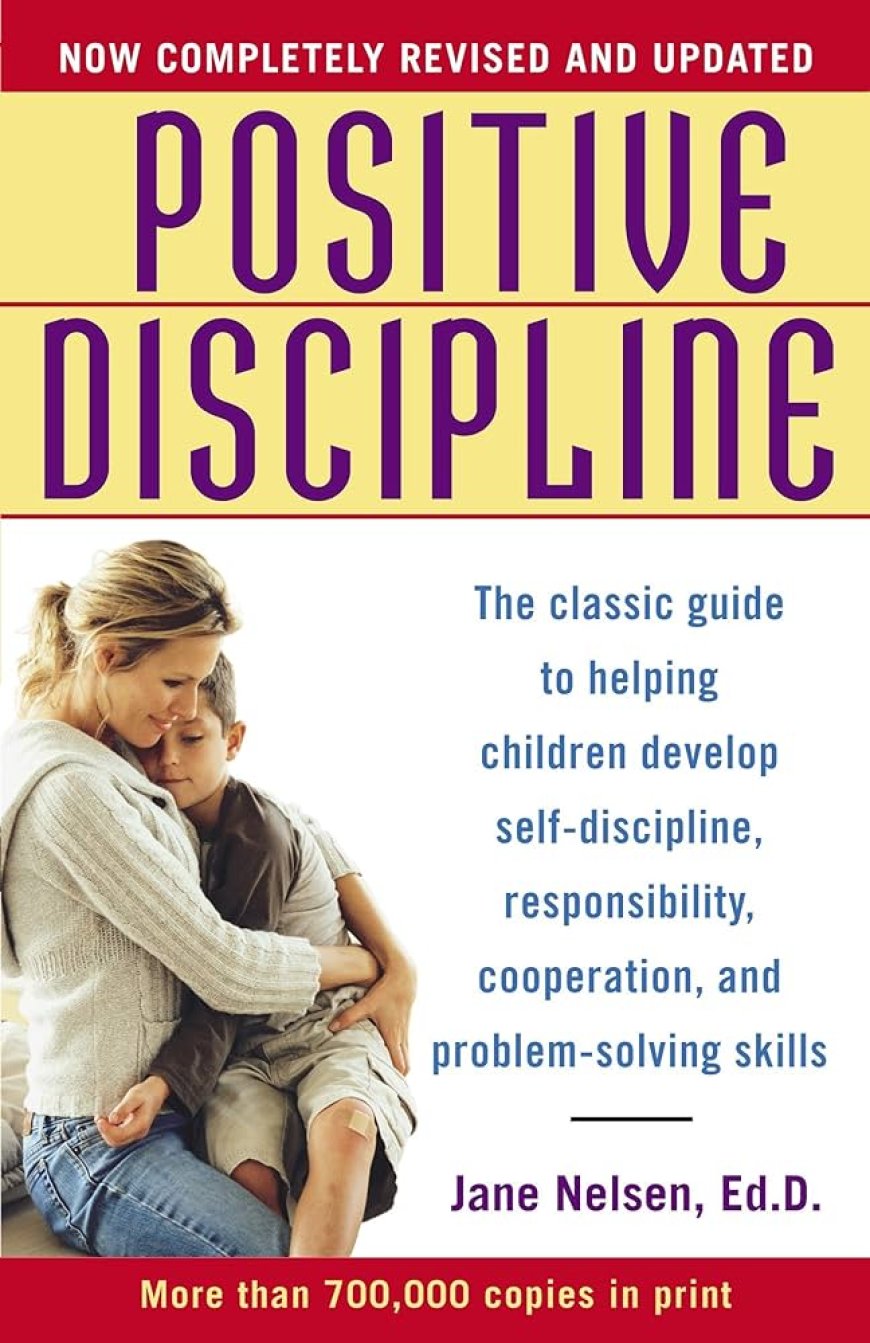POSITIVE DISCIPLINE
Anyone who is a parent or has witnessed the growth of children around them may, from time to time, think that they cannot cope with the behavior of children and form their own behavior towards children based on the automatic reactions they receive from their own parents. Positive discipline creates space to change behavior and communication towards children, from a perspective that understands children. This is an approach that will ensure that the behavior and communication style is not instantaneous, but a good guide for the future of children. In her book Positive Discipline, expert Jane Nelsen, who has seven children, explains this approach in detail along with her own experiences.

As adults, we can sometimes find children annoying, naughty or stubborn, and we may get angry and start reacting in a big way. We may use incorrect statements such as "You are punished, you will do whatever I say" or "Whatever you do, I don't care." We can exhibit behavior at two extremes, either tending towards overly strict or overly permissive behavior. Positive discipline shows readers an approach in which children can have certain choice rights and freedom, and parents also have order and authority, instead of these uncontrolled and extreme attitudes. In parallel with Rudolf Dreikurs' approach, "A naughty child is a discouraged child", Positive Discipline also argues that a need lies beneath the child's behavior and that it is the duty of adults to see the emotions behind the child's great reaction. If parents question what their children want to tell them in such situations and know that no child will suddenly whine and cry, they will take a good step to solve the situation.
In her book, Jane Nelsen stated that the first step is to stop punishing and emphasized that the punishment method should definitely not be applied. Punishment pushes children into a vindictive attitude, so that children secretly start to do things that their parents do not want them to do, to avoid being caught. Children may feel that punishment is unfair and their trust in adults may decrease. According to Jane Nelsen, the second step is to display a sweet and firm attitude. A sweet and firm attitude means showing a consistent and clear stance that understands the child's feelings, does not diminish his/her love for him/her, but at the same time. Parents who want to control their children's behavior must first learn to control their own behavior. The last step is to ensure that children experience the natural consequences of their wrong behavior and begin to find a solution within themselves. A child who has a crying fit to put on his coat may face the fact that he will get wet, or a child who insists on not eating may realize that he is hungry. The parents' task is to reflect on this situation in a positive way and encourage the children, as in "This situation may have been difficult for you. I love you and I have full faith that you can cope with this."
When positive discipline is introduced, children may be surprised because parents have had a different way of speaking until now. When parents change their response, children may worsen their behavior to test whether they will stay in that response. The important thing is that parents maintain this discipline clearly and consistently. Parents who understand their children and correct their behavior without shaming or blaming them will ensure that their child becomes an empathetic, problem-solving adult who can form healthy relationships in the future.
What's Your Reaction?

















































































